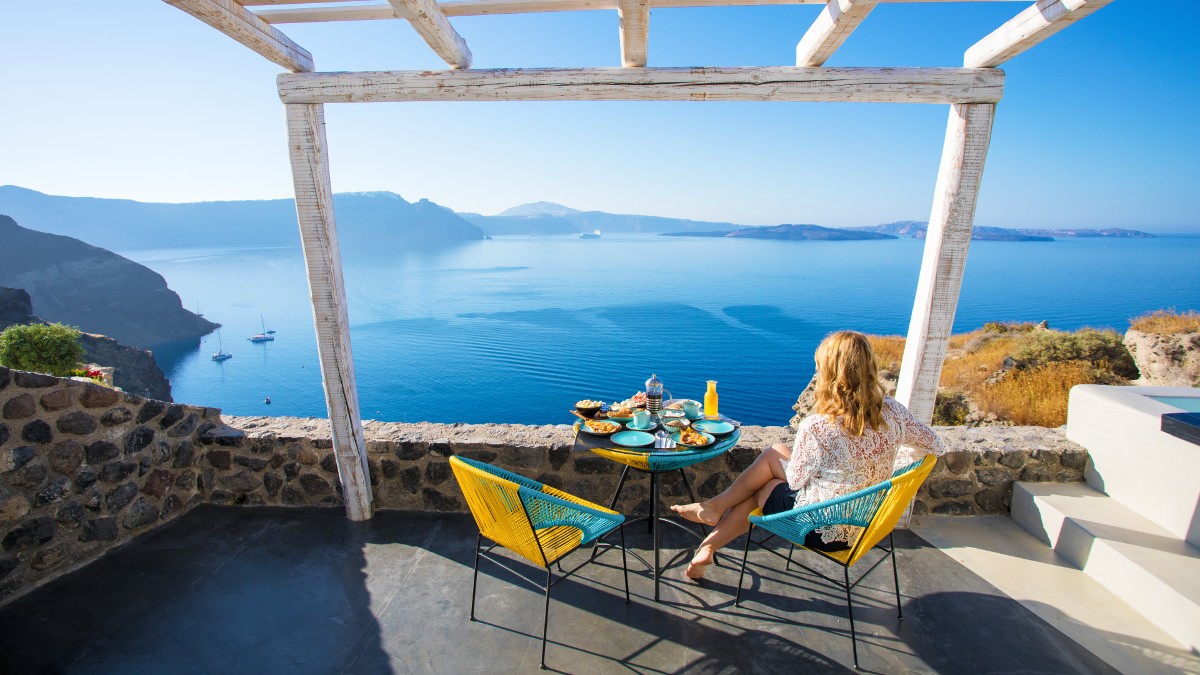It shouldn’t have taken this long to start normalizing solo dining

Recent reports have found a significant rise in solo dining in several countries, including the United States. However, one can’t help but wonder why it took so long to normalize something as simple as dining alone.
Solo dining is exactly what it sounds like—going to a restaurant, usually a sit-down/full-service one, by oneself. It’s not as if there are any written rules against solo dining. The vast majority of restaurants, aside from some discriminatory fine dining establishments, have no policies stipulating that solo diners can’t be seated, and most staff are trained to treat solo diners like they would at any other table. Yet, an unspoken stigma has persisted against solo dining, causing many to believe that there’s something taboo about going out to dinner alone. It’s disappointing that the notion that being alone is wrong has been so deeply ingrained in society that it took until 2024 for diners to feel comfortable enough to go to a restaurant and request a table for one.
Countries around the world are embracing solo diners
Recently, the restaurant reservation company OpenTable reported a significant spike in solo diners at restaurants. According to the company, in just the past two years, reservations for solo diners have risen by 29% in the United States. And America isn’t the only country embracing dining alone. Germany and the United Kingdom saw solo reservations increase by 18% and 14%, respectively. The number of solo diners in Japan rose from 18% in 2018 to 23% in 2024, with the country even dubbing the phenomenon the“Ohitorisama” movement as more individuals embrace the power of going solo.
There are a few reasons why solo dining is rising now, primarily the COVID-19 pandemic. During the pandemic, many got used to being alone as they practiced social distancing. Things like remote work, streaming movies and TV shows, curbside grocery pickup, and food delivery became more commonplace. Although quarantine protocols have long been lifted, many have continued embracing elements of a solitary lifestyle while enjoying things they may have given up during the pandemic, like dining out. Others may be looking for an escape from their homes as they continue working remotely. However, OpenTable CEO Debby Soo also stated, “I think there’s a broader movement of self-love and self-care and really … enjoying your own company.”
It’s not just that people want to get away from their home offices but that the attitude towards solo dining is changing. In Japan, the Ohitorisama movement is sometimes called the Super Solo Culture, while restaurants in America are responding to solo diners with specialized menus and seating for them. It seems many are becoming emboldened to try solo dining because it’s finally becoming something society deems “acceptable” and may even celebrate, although it’s something that should’ve always been acceptable.
Why do we stigmatize solo dining?
While it’s wonderful that solo dining is on the rise, one can’t help but wonder why it wasn’t always the norm. Why is solo dining still so “taboo” that it’s newsworthy when it experiences a rise? Although solo dining is rising, it still has a long way to go to be destigmatized. Solo diners who spoke to ABC News acknowledged that eating out alone can still be intimidating. One noted that he has to think about going to lunch instead of dinner or having an early dinner to avoid feeling like a nuisance to staff during busy hours, while another noted that eating out alone “feels brave sometimes.”
The idea that dining solo requires bravery isn’t irrational. On X, the articles covering the solo dining rise have garnered comments from misogynists making childless cat lady jokes, even though solo diners are people of all genders and aren’t exclusively single. Sadly, many conservatives remain desperate to wage war on the notion of being “alone” because they can’t stand the idea that women don’t have to marry or have children to live fulfilling and happy lives or are jealous that they’re not secure enough to enjoy being alone. People who simply try to state that being alone sometimes is acceptable are accused of glorifying loneliness. Solo dining has become a battlefield for the debate about loneliness, even though it was never about relationships.
People with or without partners can partake in solo dining. It’s not about being alone but about freedom and enjoyment. Everyone should have the opportunity to try whatever restaurant they want without waiting for someone’s schedule to free up or having to compromise on where they go and what cuisine they try. People are eating alone not exclusively because they’re single but because they’re allowed to have things just for themselves sometimes. So many people think that restaurants are reserved for anniversaries, dates, and special celebrations with people, and it’s quite sad how many of us don’t believe we’re valuable enough to deserve something as simple as eating at a restaurant alone just because we want to.
Have a tip we should know? [email protected]